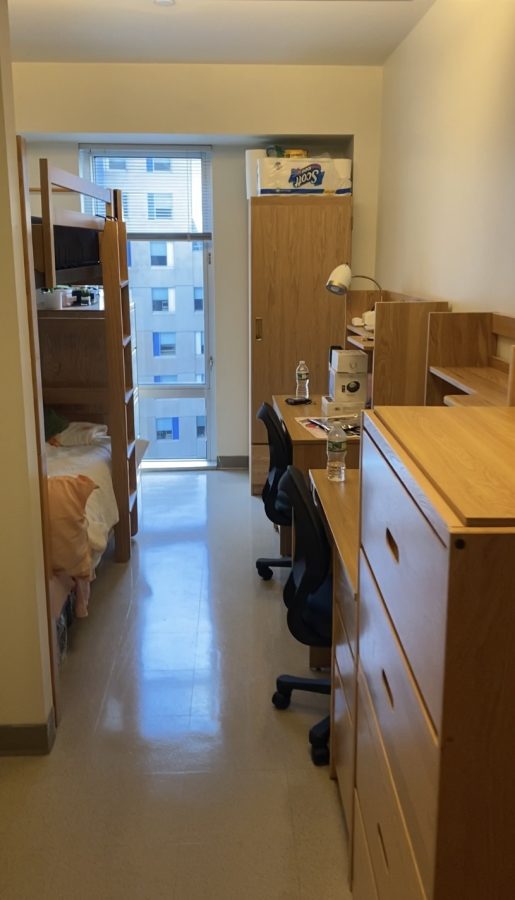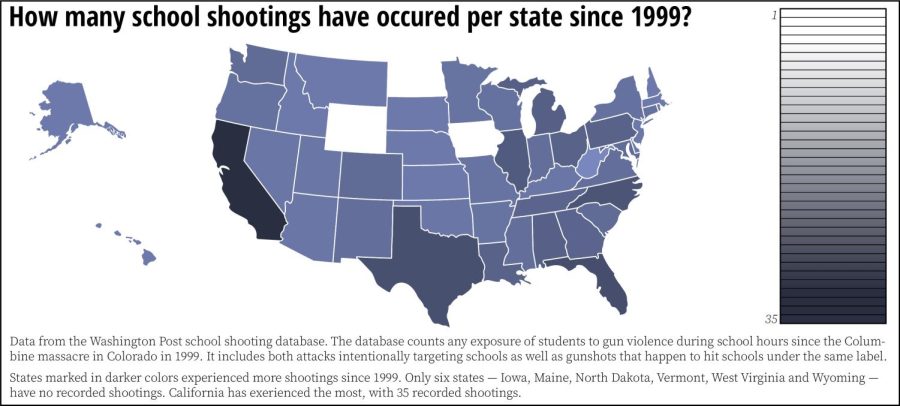By Alex Frandsen, editorial columnist
At some point during your four or five years here at Northeastern, it is a near guarantee that you will be presented with the question: “Do you want to live off campus next year?”
Oftentimes, it will be prefaced with an obligatory “God, I cannot wait to get out of a dorm” or “Wow, I am so tired of having to sign people in.” Sometimes, it will even come with a “It’s going to be so nice cooking for ourselves!” (That last one is usually reserved for the weirdos among us, though.)
It seems like an innocent question. In fact, it might even feel inevitable, especially at a school like this one, where it feels like every upperclassman is living in some cool apartment that’s about the farthest thing from the Stetsons possible. But in reality, it’s a question absolutely loaded with consequences. According to The Boston Globe, upward of 30,000 students in the Greater Boston Area live off-campus. That’s not much less than the population of Liechtenstein, which is, you know, a full country.
So that means every year, thousands of Boston students move into neighborhoods that aren’t necessarily meant for them. This puts incredible stress on communities and often changes their identity entirely. Fenway and Mission Hill used to be middle-class residential communities. Now, they just feel like an extension of college campuses.
College students drive rent prices way up, mostly because their (often decently well-off) parents are footing the bill for leases. If realtors know that your dad or mom is willing to pay up to make sure you live in a nice place, then they can put the squeeze on and raise prices for their properties. After all, it’s not like college kids looking for a cool place to live is a limited market, especially here in Beantown.
Unable to match the bidding, families and individuals with lower incomes can’t compete. And when they can compete, they often find that they might not want to, anyway. College students and normal people have very different priorities, and our priorities are often a little more alcoholic and loud. Imagine trying to raise a family in Mission Hill. Every weekend, you’ll be deluged with drunken antics, blaring speakers and hordes of people roaming the streets looking for a party. Why would you want to stay in a neighborhood like that?
The situation might be even worse in Roxbury. The neighborhood is one of great historic significance in Boston, especially to the black community. Malcolm X lived there for a period of his life; Martin Luther King, Jr. led a march that started in Roxbury; and black culture and art have thrived there for decades.
Now, that identity is starting to be erased, mainly due to the influx of students moving into the area. On the hunt for cheap housing, kids have discovered that Roxbury is way more affordable than Fenway and Symphony. So they’ve begun to crawl in, pushing the boundaries of the real Roxbury back and pushing out people who have lived there their whole lives.
Now, none of this is to say that moving off campus is some great sin, or that you should never, ever do it. Northeastern doesn’t have enough housing to fit us all right now, and some of the price tags for places on campus are too high for some students. It just means that when you’re figuring out where to live next fall, you should really think about whether the impact on the community is worth it. And really try to avoid moving into neighborhoods facing a housing crisis already, like Roxbury. You might only be one drop in the enormous pool of students thinking about moving off campus, but those drops add up quickly.
Northeastern can help out by building more housing. The trick to it, though, is to build vertically. We can’t just expand outwards and bite a chunk out of a neighborhood every time we need more housing. We need to build tall structures on our existing property that can house students without adding pressure to communities.
So when you get asked that inevitable question, take a while to think it over. Living off campus might feel adventurous and maybe a little glamorous, but Boston residents probably don’t share the same sentiment. And they’ve been living here way, way longer than we have.















